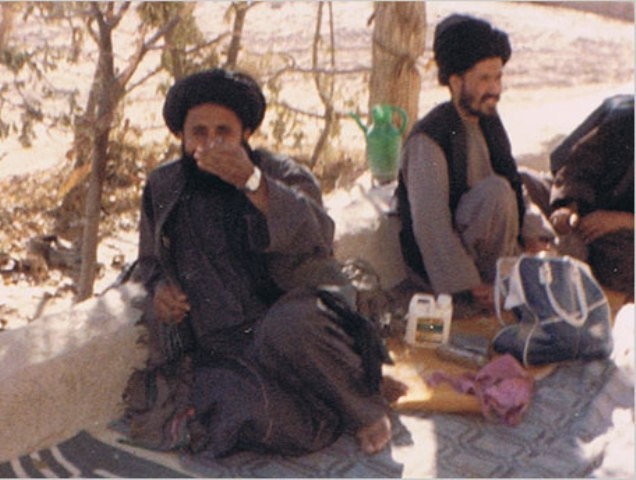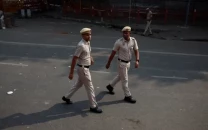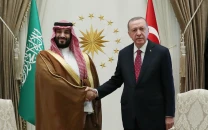Taliban talks: Baradar might hold key to Afghan peace
There are concerns that Taliban might refuse to talk to him at all.

Mullah Baradar. PHOTO: NYT/FILE
Once a ruthless fighter and a friend of Taliban leader Mullah Mohammad Omar, Abdul Ghani Baradar may now hold the key to Afghanistan’s peace – or so his minders believe.
The former Taliban second-in-command was captured in Pakistan in 2010 and has since emerged as a figure Afghanistan and Pakistan believe could help persuade his former comrades to lay down their weapons and engage in peace talks.
Pakistan announced this week that it would free Baradar as early as this month. Sources in Pakistan and Afghanistan said he could be sent to another country, possibly Saudi Arabia or Turkey, to prepare him for the mission. Even before his detention, Baradar was known as a pragmatic and level-headed operator who had once reached out to Kabul seeking a peace settlement, according to Afghan officials.
But critics say his years in Pakistani detention may have eroded his sway over the fast evolving insurgency, and there are doubts over whether Mullah Omar would agree to talk to his former protégé in the first place.
“He won’t be able to mediate because he has lost his influence during his time in prison,” said Ahmad Zia Massoud, a former vice president whose brother, guerrilla leader Ahmad Shah Massoud, was killed by al Qaeda militants two days before the Sept 11, 2001, attacks.
“Unless there is a comprehensive plan to negotiate peace with Mullah Omar, one person won’t be able to do anything.”
Afghanistan sees Baradar as a sensible and down-to-earth negotiator willing to act as a go-between for the Kabul government and the Taliban leadership council, the Quetta Shura.
One of the founders of the Taliban movement, Baradar is ethnic Pashtun and belongs to the same powerful Popalzai subtribe as Karzai – a factor that could lend credibility to Karzai’s own peace efforts among Pashtuns, Afghanistan’s biggest ethnic group.
Baradar, who is in his 40s, also belongs to the older generation of mujahedeen fighters who are less ideologically extreme compared with a younger, more violent crop of insurgents.
Baradar’s friendship with Mullah Omar goes back to the 1980s when the two fought side by side against the Soviets – a decade-long war during which Mullah Omar famously lost his eye.
It was Mullah Omar who gave Baradar his nom de guerre, which means ‘brother’. Later they married a pair of sisters, analysts say. Some Afghan politicians said he still enjoyed much support among his former comrades in arms.
Published in The Express Tribune, September 13th, 2013.



















COMMENTS
Comments are moderated and generally will be posted if they are on-topic and not abusive.
For more information, please see our Comments FAQ